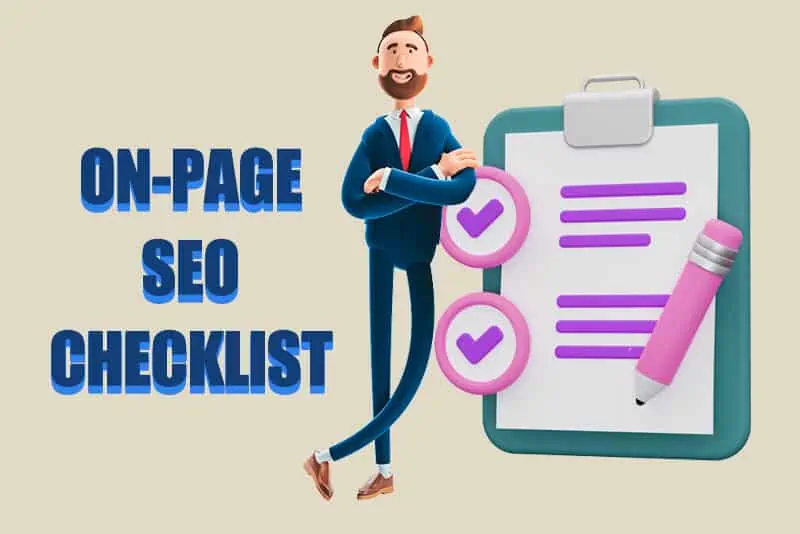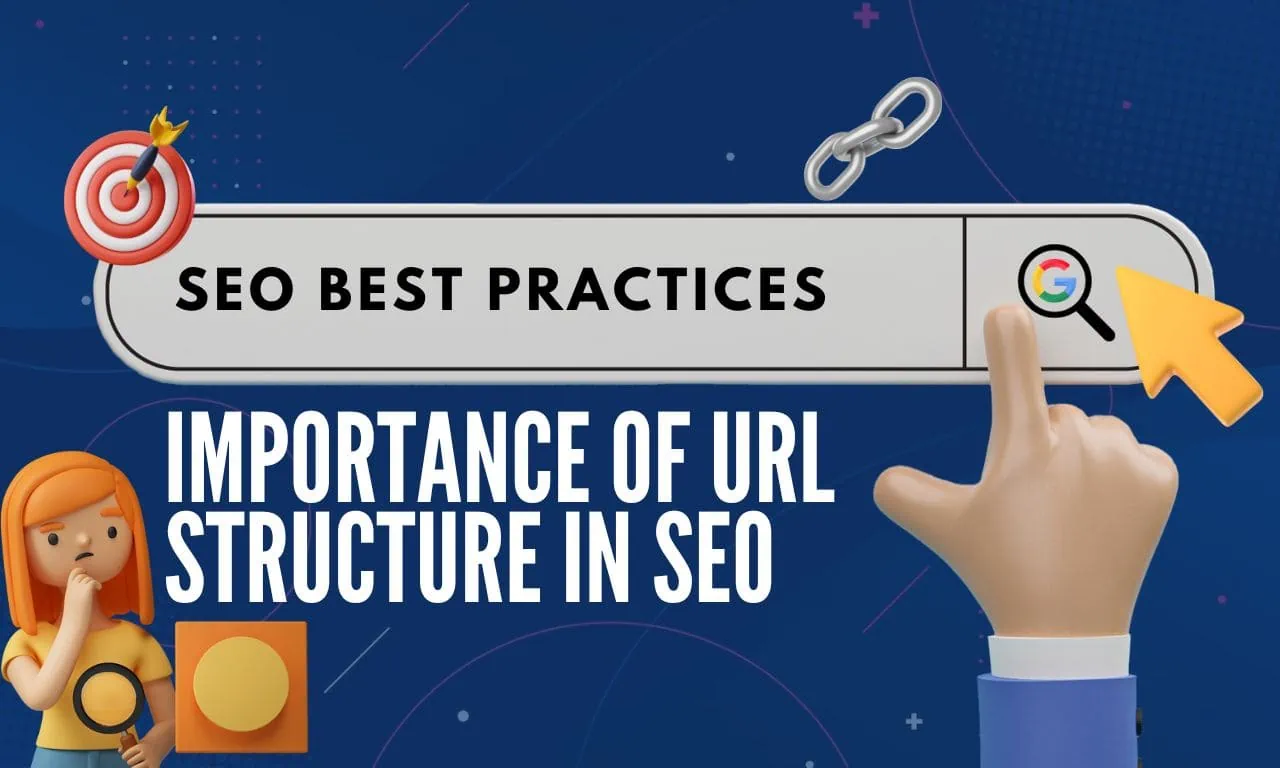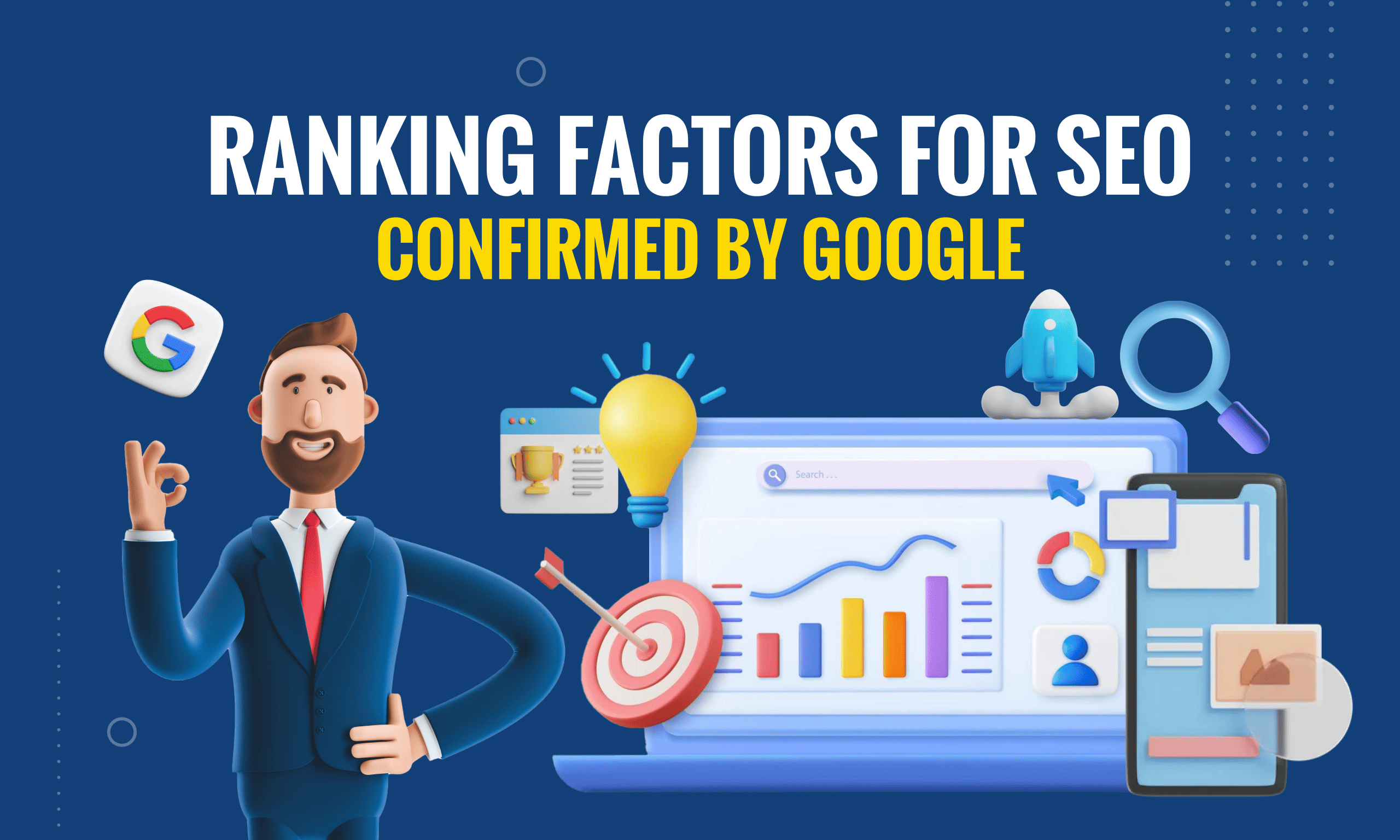Want to rank on page 1 of Google? First, you need to have a good on-page and off-page SEO strategy to succeed in SEO.
But how do you begin? For starters, you should work on your on-page strategy.
What is On-Page SEO?
On-page SEO is the practice of optimizing a web page for search engines. It includes everything from choosing the right keywords to using the correct tag structure. There are a few important on-page factors that can help you rank your website. This includes having a good title, meta description, and URL. You should also consider the search intent of the user whenever you work on your on-page content.
Thanks to an excellent on-page strategy, our SEO agency now ranks #1 for the keyword
"SEO Singapore".
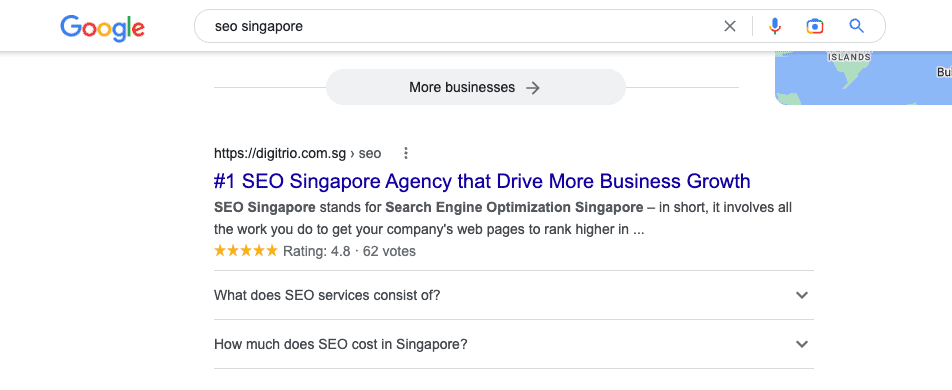
You too can have your webpage rank #1 on Google. Try these 11 tried and tested tips from our On-page optimization SEO checklist to help you achieve that goal!
Get Your Free On-Page SEO Checklist
Start using it to to improve your business's ranking on Google today!
On-Page SEO Checklist Explained
1. Title Tags
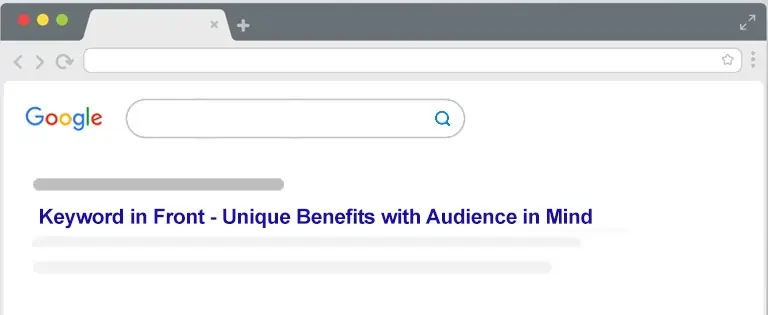
Ensure that your title tag is optimised for search engines. This appears on the search engine results page when people search for your website. Here are five things to do:
2. Meta Descriptions
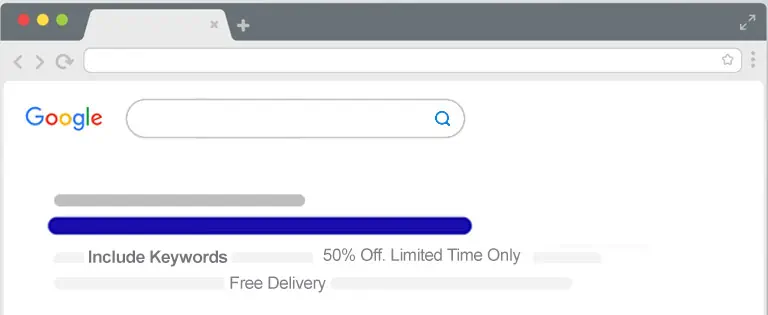
The next thing is meta descriptions. This is a short excerpt that tells your site visitors what your web pages are about. Here are four tips to rank higher:
3. Add Headers
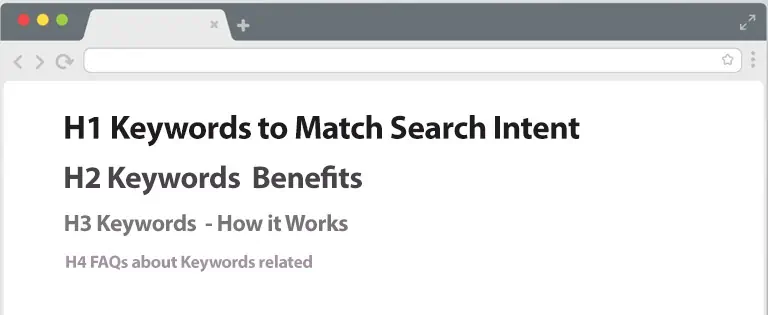
Headers are the first thing users see on a page, so it's important to ensure they contain content that users expect to find.
4. Edit Website URL
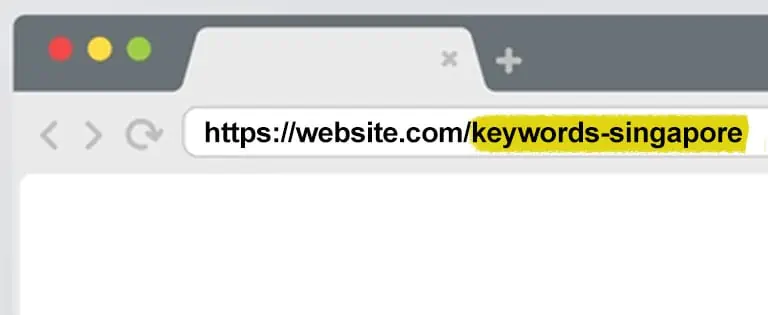
Your website's URL is a critical part of your SEO strategy. Here are some tips to help you get started:
5. Run Content Audit
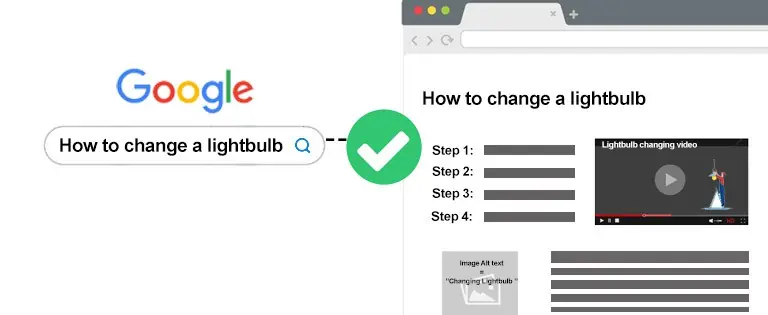
If someone searches "how to change a lightbulb," they should be able to find the answer within the first few sentences of your blog post. If you run a content audit, you can ensure that your website has the right information on them. Here is how:
6. Optimise Images

Images are also important for your on-page SEO optimisation. Here are three steps you can take to optimise your images:
7. Fix Keyword Cannibalization
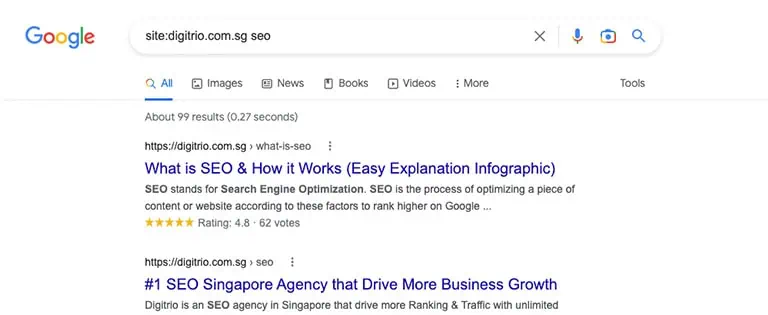
While keywords are great and help to rank your page, you need to be wary of keyword cannibalisation.
8. Add Internal Links
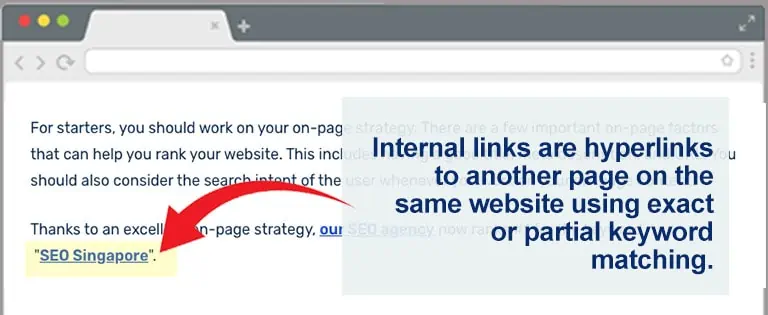
Last but not least, internal link-building is very important! Here's why and how:
9. Use Content Pillars
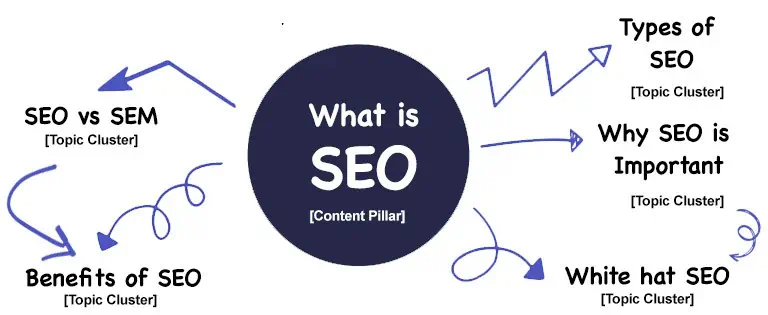
To establish trust with your site visitors, you'll want to build useful content. Here's how:
10. Use Google Analytics [Others]
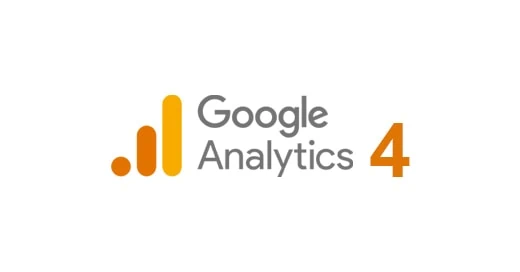
Google Analytics is a free web analytics tool that provides website owners with detailed information on their site visitors. This includes data on where they come from, how long they stay on the site, and what pages they visit.
This information is particularly useful for on-page SEO. By understanding which pages are getting the most traffic, website owners can make sure that these pages are optimised for search engines. They can also use this information to create new content that is likely to be popular with their audience.
In July 2023, Google will be implementing GA4, the latest version of Google Analytics. It includes new features and changes that can impact on-page SEO.
Learn more about Google Analytics:
11. Use Google Search Console [Others]
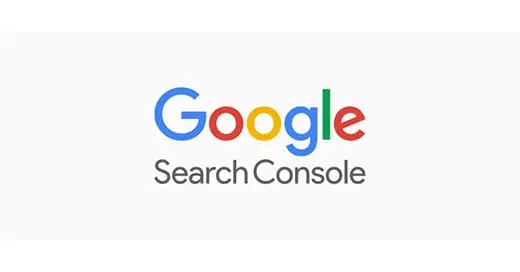
Google Search Console is a free service offered by Google that helps you monitor, maintain, and troubleshoot your website's presence in Google Search results.
It helps you to stay on top of your on-page SEO by providing insights into how your website is performing on Google search. These insights include data on how often your site appears in Google search results, and which search queries are driving traffic to your site.
As a result, Google Search Console is an invaluable resource for any business serious about improving its on-page SEO.
Learn more about Google Search Console:
Get Your Free On-page SEO Checklist
Need an SEO checklist to help you audit your website? Download our handy on-page SEO checklist here.
If you want to optimise your website, hiring a professional SEO agency will save you time and money. Contact us to find out more about how we can help you rank higher on Google!

